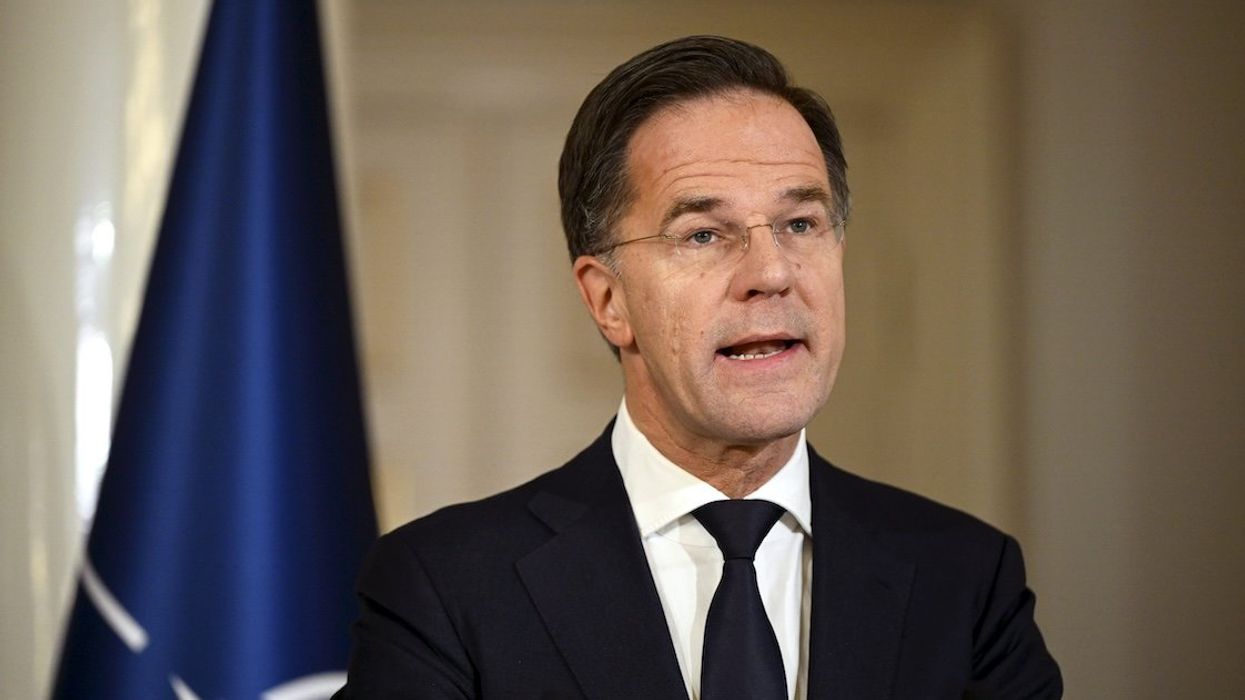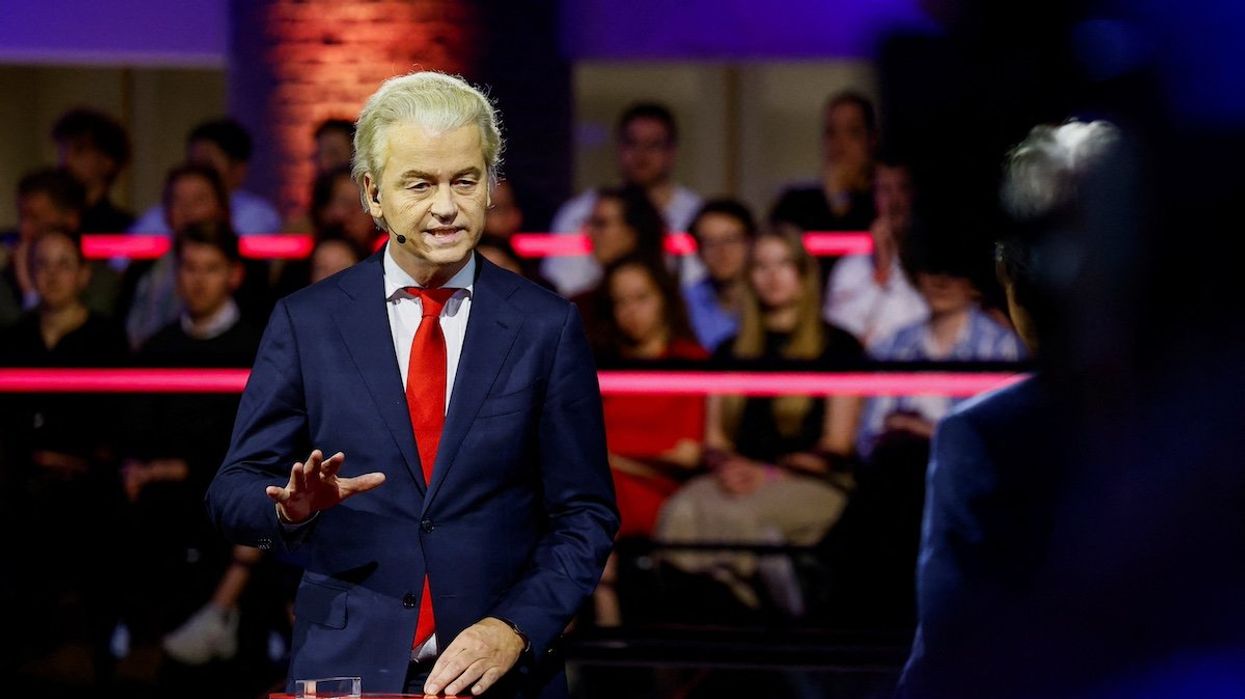What We're Watching
NATO and Ukraine prep for Trump
The alliance has announced that it is dispatching naval drones, submarines, ships, and aircraft to patrol the Baltic Sea in a mission called “Baltic Sentry.” The aim? To prevent Russia from committing acts of sabotage.
Jan 14, 2025


